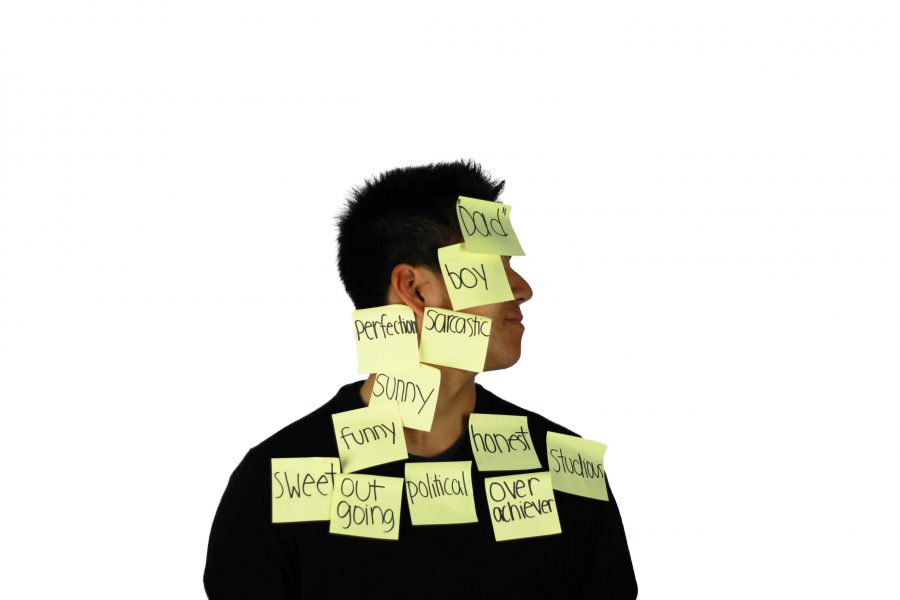At some point, we’ve probably seen those classic class superlatives: class clown. Most likely to succeed. Most likely to trip walking up the stairs.
It’s easy to assign roles. Categorizing others is second nature to many; according to a survey of 420 MVHS students, 92 percent of students have found themselves categorizing others. The “mom” who looks after everyone. The diplomat who mediates every argument. The parent, the child, the teacher, the student.
But these roles are more difficult to define, their nuances elusive in a black-and-white world of labels. How does one describe each deviation from these roles?
Junior Justin Singh believes that these roles come with expectations based upon other people’s perceptions of oneself — these expectations can be limiting.
“The problem with these roles is that they constrict us to what we expect each other to be,” Singh said. “But in reality we have a lot more to offer.”
Yet there may also be benefits to these expectations. Sophomore Aurum Kathuria, who describes himself as an overachiever, says his friends often see him as academically successful — an image that pressures him to work harder.
“If everyone else around you says you are really good at [something],” Kathuria said, “you’re probably going to do better than if no one told you that.”
But trying to fit into a certain role may nevertheless be too restricting. Senior Priyanka Agarwal believes it is possible to step outside one’s assigned role.
“I think [stepping out of roles] shows different aspects of ourselves that we might not have known,” Agarwal said. “It gives us a place to think more about ourselves, to know what we are capable of.”
Read pages 20 to 25 to explore more about the roles we play and sometimes defy.








